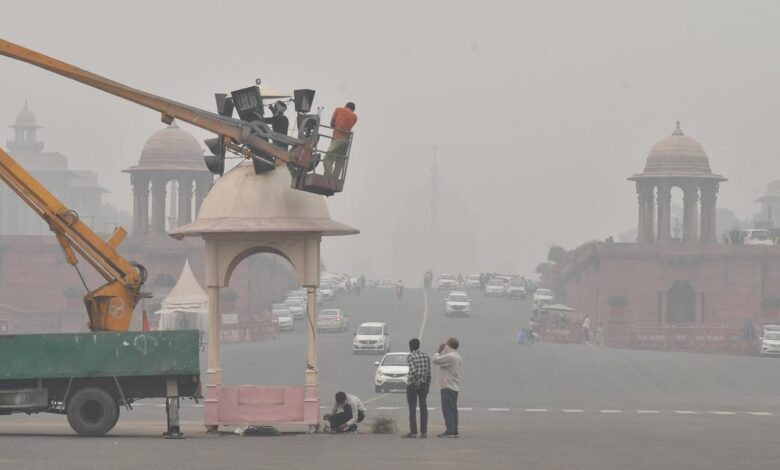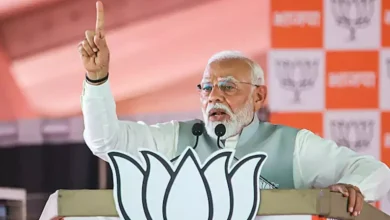
In response to the declining air quality in Delhi-NCR, IIT Kanpur has developed a plan to deal with the problem. According to reports, the renowned institute has created a viable way to deal with the issue of air pollution in Delhi and the surrounding areas. According to the institute, it suggested using cloud seeding to create “artificial rains” in order to assist remove dust and pollutants from the atmosphere.
According to an article in the Economic Times, the institution has been working on establishing the prerequisites for artificial rains for more than five years, and they recently completed successful trials.
According to the report, the researchers at IIT Kanpur have obtained the required authorization for cloud seeding from government agencies, including the Directorate General of Civil Aviation (DGCA).
Certain climatic parameters, such the existence of clouds with sufficient moisture and the right winds, are necessary for the implementation of artificial rains. Even while cloud seeding and producing artificial rain are still relatively new technologies, it is unclear if they will be effective in the months leading up to winter or on a large scale.

To fly an aeroplane over the nation’s capital that is in dire need of fresh air, several permissions must be obtained. These permissions come from the DGCA, the Ministry of Home Affairs, and the Special Protection Group, which is in charge of the prime minister’s security.
Gopal Rai, the environment minister for Delhi, stated in September that the city administration was getting ready to try cloud seeding as part of its winter action plan to reduce air pollution.
“Experts from IIT-Kanpur also gave a presentation on how artificial rain can be produced. We have requested them to prepare a detailed presentation outlining various facets such as implementation and financial burden. The presentation will be placed before the CM and we will further explore the possibility of implementation of the measures,” Rai stated.
The project’s principal investigator, Manindra Agrawal, a professor at IIT Kanpur, said that residents of the National Capital Region (NCR) who are experiencing bad air quality might have brief relief from their problems for as long as a week from artificial showers, according to ET.
AQI is still categorised as “severe” for the fifth day in a row.
This shift occurs while the Central Pollution Control Board reports that the overall air quality in the National Capital is still classified as “severe” for the fifth consecutive day.
The System of Air Quality Forecasting and Research (SAFAR-India) reported that the National Capital’s air quality was 488 today, up from 410 the previous day.
In the meantime, given the significance of the rising pollution, Delhi Environment Minister Gopal Rai has convened a meeting of all relevant ministries for today, according to a brief statement from his office.
The statement went on to say that the purpose of the conference is to strictly implement GRAP-4.
This follows the Commission for Air Quality Management’s (CAQM) decision on Sunday to immediately implement Stage IV of the Graded Response Action Plan (GRAP) throughout the National Capital Region (NCR) in an effort to stop the quality of the air from continuing to decline. According to the Air Quality Commission, Stage IV will be put into effect in addition to the limitations imposed by Stages I through III.
You might also be intersted in – Airbus and IIT Kanpur forge MoU to elevate India’s aerospace talent pool



